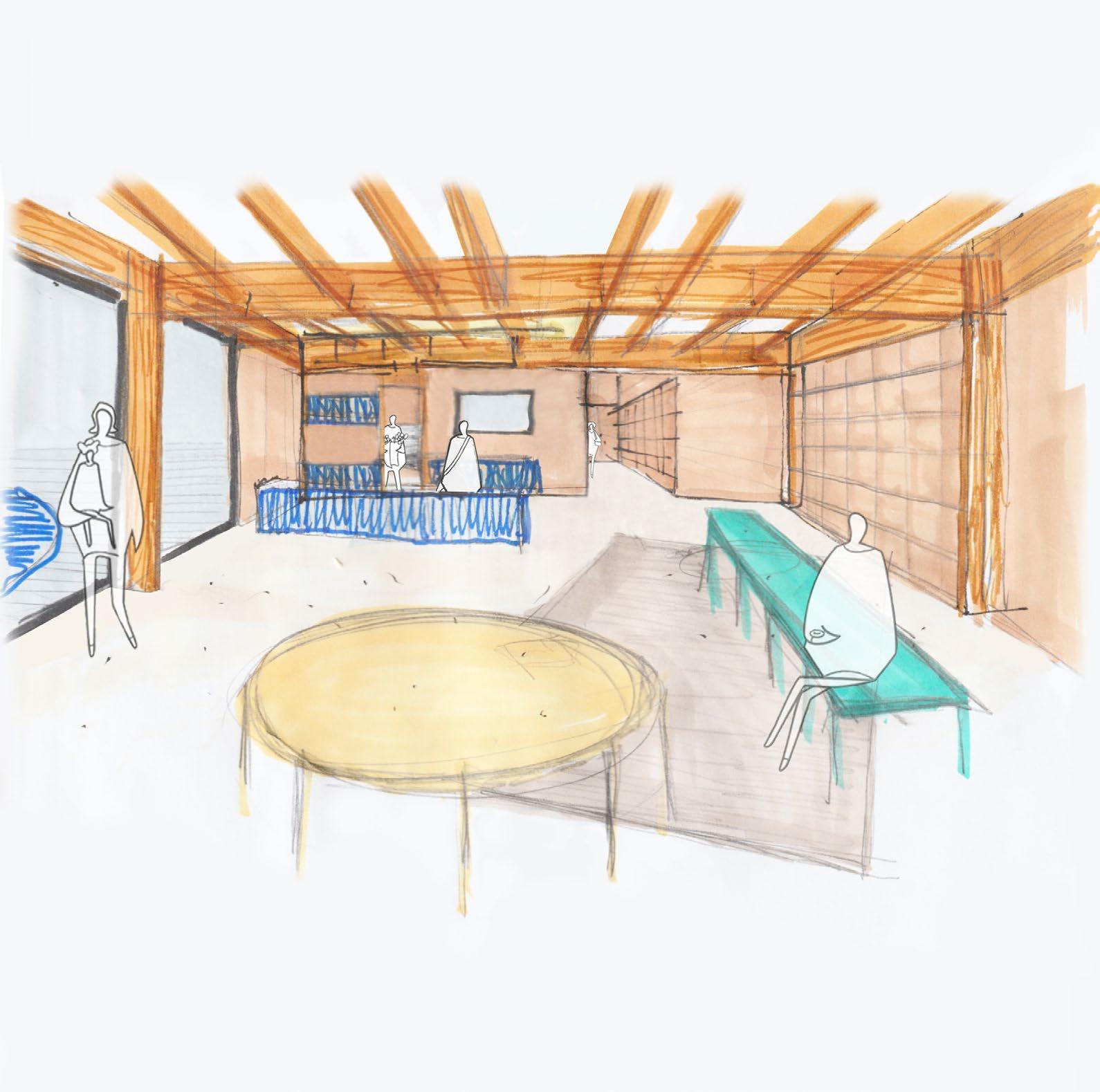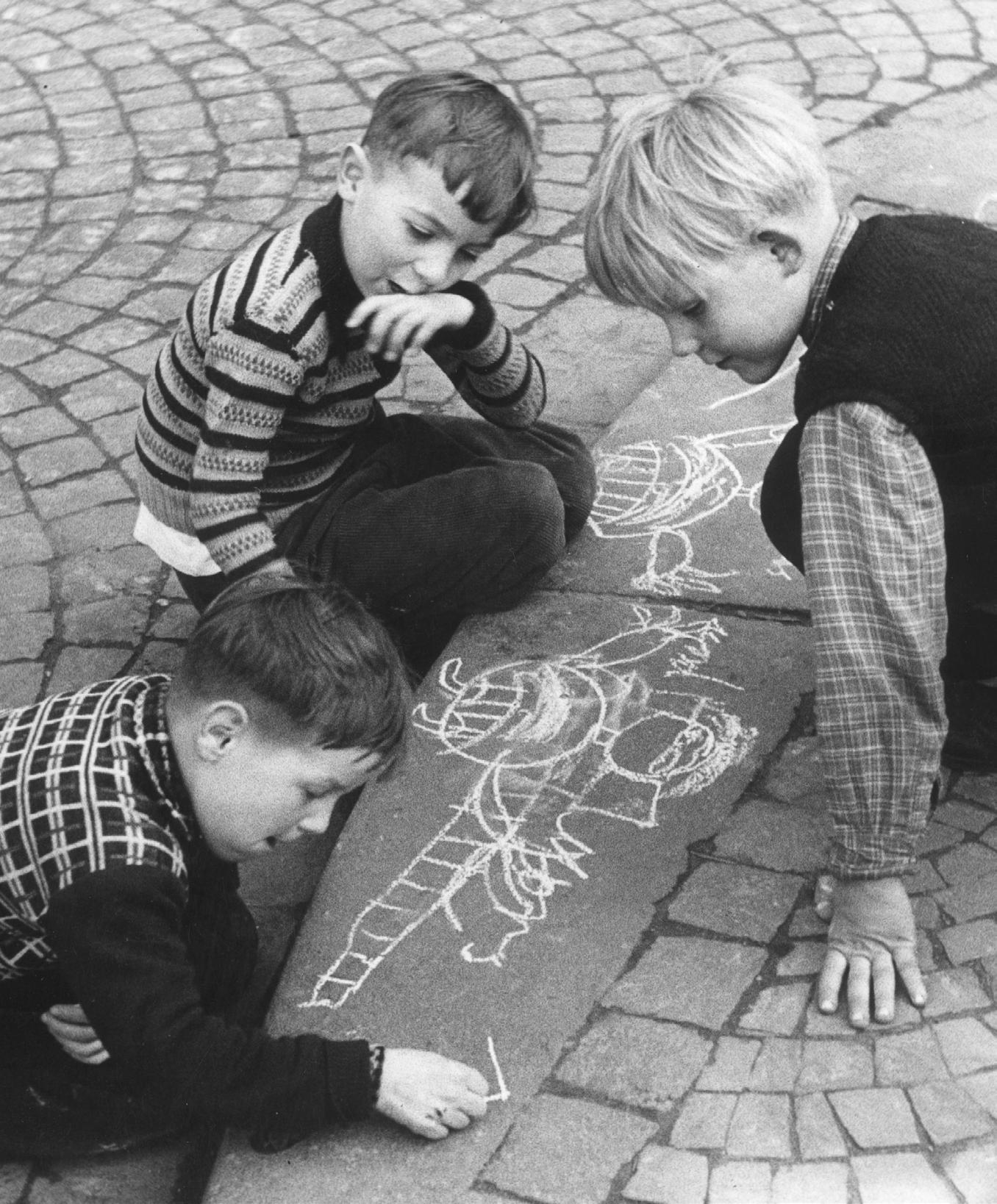URBAN COMMONS It is in 1980, that the concept of Urban Commons is firstly employed, as an increasing proportion of the population set foot into urbanities. Common is defined as an intermediate space between public and private. A private space belongs to its owners only. A public realm belongs to everybody without any exceptions. The concept of common is situated halfway in between those two notions of spaces. It is a place where a group of people is sharing and managing a resource. They are as open as public but involve particular commonly fixed rules. It produces an intermediate gathering spaces, creating a boundary of action, an exchange of ideas.
[Threshold] The threshold act ‘as door, to separate but also connect to the outside’ (Stavrides, 2015). For Turner, the border and rites accompanying allow the ‘change of status’, it forms an ‘act of detachment’ to a previous position. Such initiation rituals, allow new social links between individual and therefore ‘give rights and obligations’ (Turner, 1969). Those spaces started to emerge as counter-hegemonic way to control spaces. They act as gathering spaces which resist ‘the city forces of ordering and controlling’ (Stavrides, 2015).
ol
Res
toc
sou
Pro
rce
[Properties] A common space is theorized as being a sharing a resource with a group of people, considered a community. The community regulates this resource through protocols. Particular processes prohibit the accumulation of power in such places.
[Permeability] Common spaces don’t belong to a group but belong to everybody. Some conditions such as proximity regulates the proportions of the community. The resource belongs to direct users and a broader community of ‘not-yet-users’. Willingly, this boundary is kept porous but some conditions of entrances are usually solve with the act of negotiation.
URBAN COMMONS
Commoners
| THEORETICAL FRAMEWORK
15


























